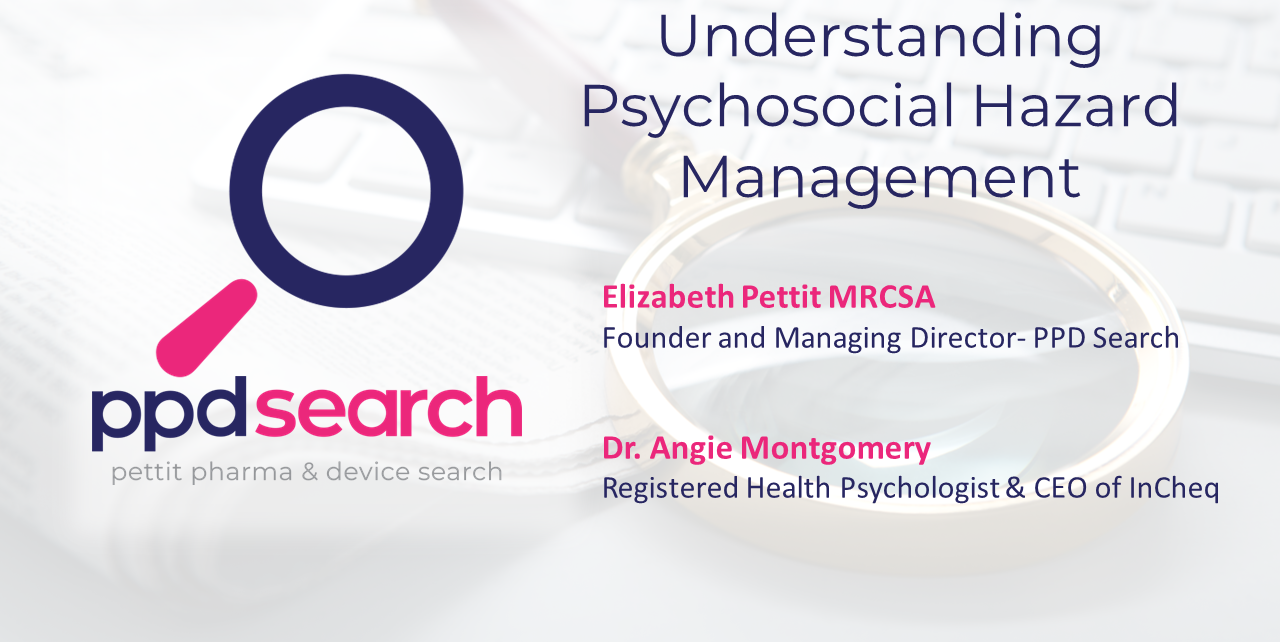Interview preparation tips to ensure the right move
Published on February 3, 2018
Written / Hosted by:
The number one reason we hear from our candidates who want to leave a role within the first 12 months of a new job is that:
“ the company/role does not align with what I was sold at interview”.
Now this is obviously a huge problem, not only for the candidate who is in a role they aren’t happy with and is now having to look for another job in such a short time, but of course also the employer who probably won’t see a return on investment in the employee until around the 18 month mark*. This is why it is not only important for the employer to ask a lot of questions to the candidate in the interview process, but also vice versa.
The traditional interview process is designed not only for the employer to assess the potential candidate, but also for the candidate to assess whether this would be the right move for them. We encourage all of our candidates to do as much research as they can on the company before an interview, and this goes past just having a browse on their website.
Here are some tips of actions you can take when researching your next career choice:
- Look on their website – now this is an obvious one, but what is important here is to have a look at the company’s values and mission statement. Is this something that aligns with you? Could you get passionate about this? If the answer is no, then maybe this isn’t the right company for you.
- Glassdoor.com – Glassdoor is a platform where people can rate and review their experience as an employee at companies all over the world. It is a great tool but always be aware that people are much more likely to review something they had a bad experience with, than something they have had a good experience with. So I would suggest to use this as part of your decision making process, but don’t use this as absolute truth.
- Speak to people that work there – if you are in the industry, chances are you will know someone who works there, or has worked there in the past. Ask them about their experience, what do they think are the positives (and negatives)? Do they think you would be a good fit for the business? Do they know anyone who has been in this exact role before? This is also a great way to get further information specifically about the role and expectations of this hiring manager.
- Reach out to some potential customers – for example if you are going for a dental sales role reach out to your Dentist, or maybe you know some Dentists through friends. Ask them about their experience with the company, have they ever dealt with company X? What is their experience with the products? What are their thoughts overall on the company? What happened to the last representative?
- Do a thorough Google search – Google the company and see what you can find in the media over the last few years. Have there been acquisitions or mergers? Did these go well? What is the current financial position of the business? Who is the global leader, and what is this person’s mission?
These are just a few ways in which you can research into the company you are interviewing for, and from here you will be able to formulate many questions to ask the potential employer in order to qualify if this is the right position for you. Not only this, but it also shows the employer that you have thoroughly researched, know your stuff, and have done your due diligence; these can all only be positive things!
Through this research, this will ensure a much more thorough and honest conversation at interview for both the prospective employee and the hiring team, therefore allowing the exchange of more genuine information about the position and hopefully reducing the risk of the company/role does not align with what I was sold at interview.
*Data suggests that the average time for a new employee to be making a positive contribution to the business is 18 months, taking into consideration the loss of revenue during the hiring and training process; time manager spent interviewing, the role being vacant; the training time etc.
From our blog
View our blogs and webinar recordings for insights into recruitment in the healthcare industry, company culture and to hear from senior leaders in the healthcare industry on what they are doing in their organisations, along with tips on landing your dream job.






